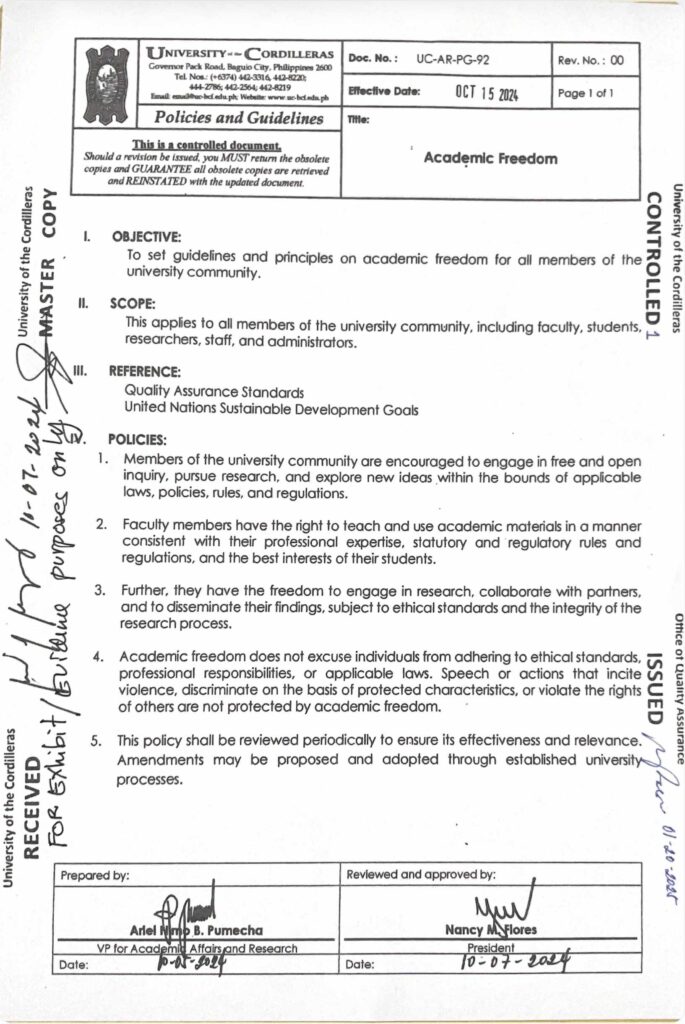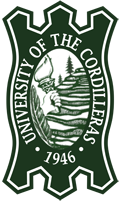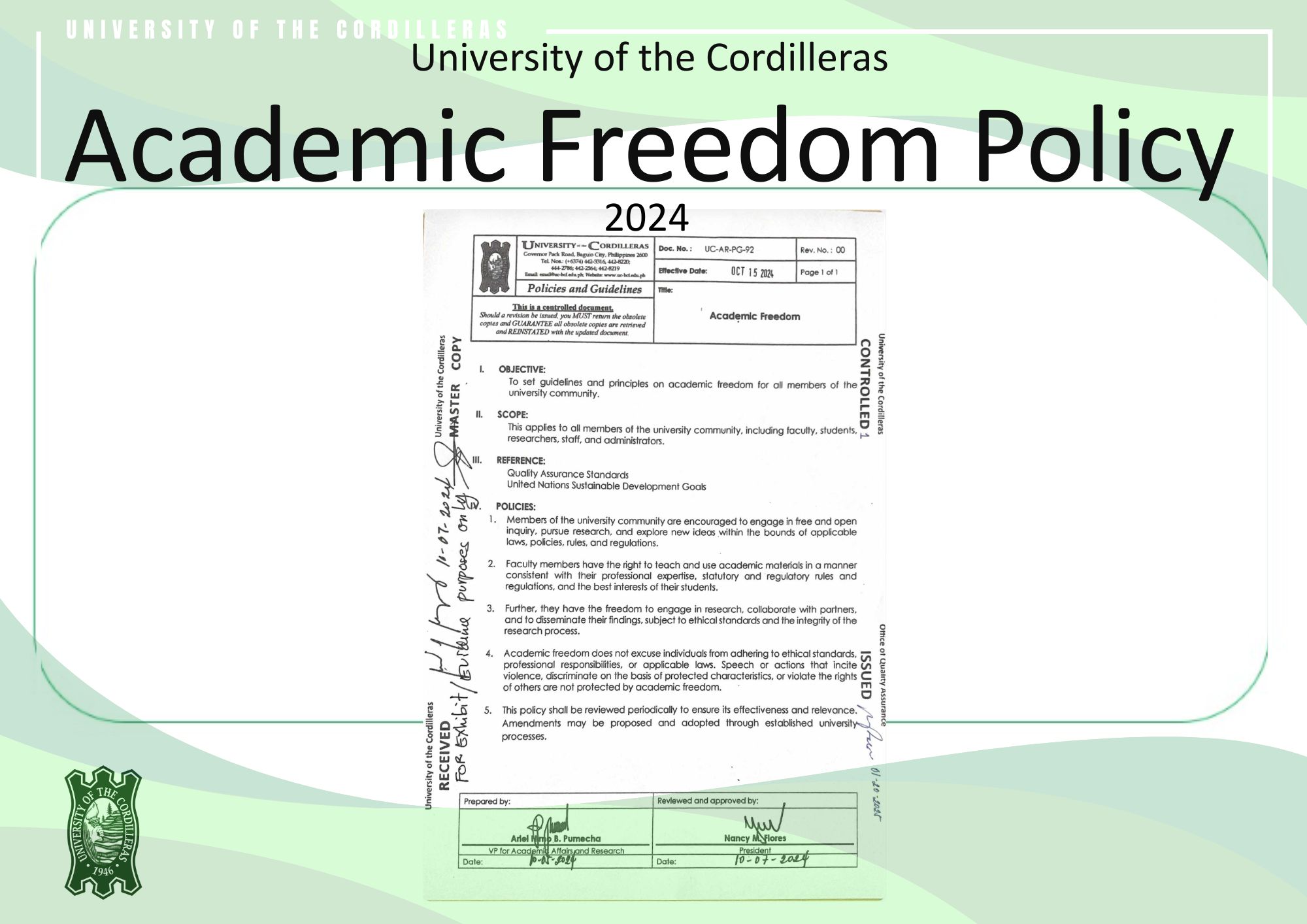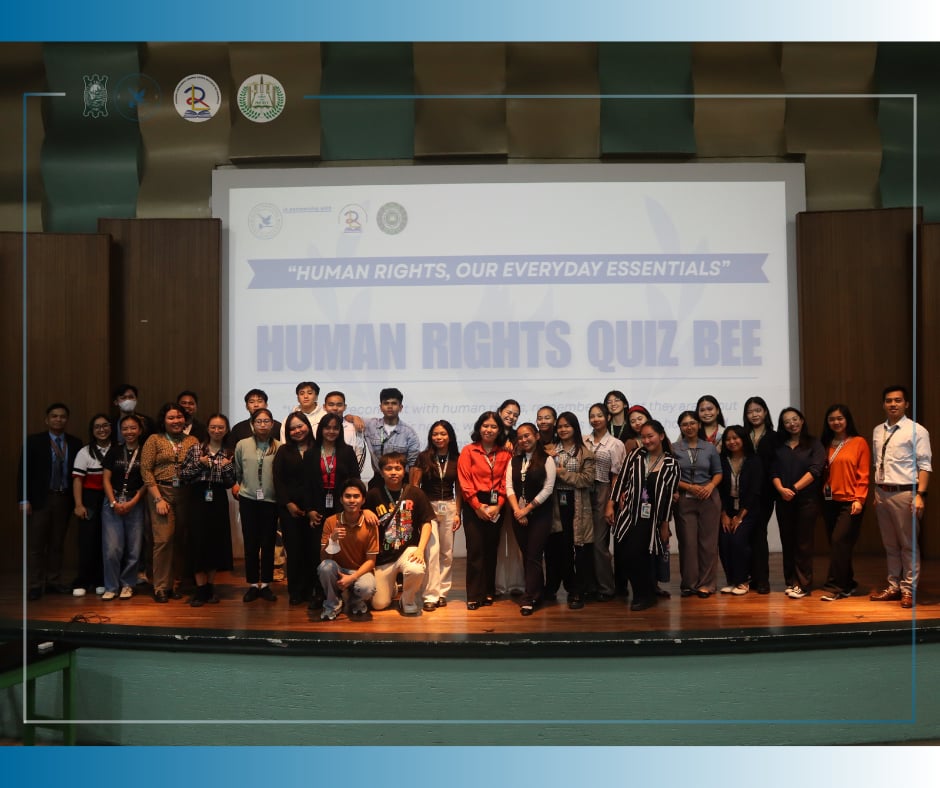By: Research Services Office
In an era when universities worldwide grapple with questions of autonomy, truth, and ethical scholarship, the University of the Cordilleras (UC) has reaffirmed a core value of the academe: academic freedom. Contributing to United Nations Sustainability Development Goal 16 (Peace, Justice, and Strong Institutions), the newly released Academic Freedom Policy renews the university’s pledge to protect the right of its scholars, teachers, and students to think critically, question deeply, and create knowledge that serves the public good.
At the heart of the policy lies a principle deeply rooted in the Philippine Constitution—the freedom of every scholar to teach, inquire, and express ideas without fear or coercion. Yet UC’s framework goes further: it translates this constitutional right into a living practice, one that acknowledges the complex realities of modern higher education in the country.
“Academic freedom is not merely a legal safeguard; it is the spirit that allows education to transform lives,” a UC academic leader shared during the policy’s rollout. “In preserving it, we also protect the future of innovation, discourse, and democracy.”
The policy invites all members of the UC community to engage in open inquiry, interdisciplinary research, and collaborative exploration. It grants faculty the autonomy to design courses, develop new teaching methods, and conduct studies aligned with their professional expertise. At the same time, it sets clear ethical boundaries: freedom must be exercised with integrity and respect for the rights of others.
In a higher education environment where debates on historical revisionism, academic censorship, and digital ethics are increasingly prominent, UC’s stance is both timely and courageous. The policy asserts that freedom cannot exist without responsibility—condemning acts that incite violence, discrimination, or misinformation.
By embedding regular policy reviews, the university ensures that its commitment to academic freedom remains relevant amid evolving academic, technological, and sociopolitical landscapes. It is a recognition that higher education must be dynamic—anchored in principle yet responsive to change.
The release of UC’s Academic Freedom Policy aligns with national and global efforts to strengthen institutional autonomy across Philippine universities, as the Commission on Higher Education (CHED) continues to champion innovation and evidence-based governance. In this broader context, UC’s initiative contributes to a collective reimagining of what it means to be an academic institution in the 21st century—courageous in inquiry, ethical in practice, and inclusive in thought.
Through this policy, the University of the Cordilleras reasserts its role as a space of freedom and responsibility—one where the pursuit of truth is both a right and a duty, and where education remains, above all, an act of liberation.











